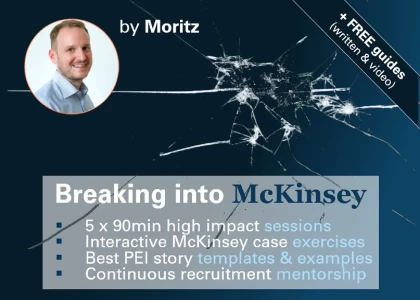Hi guys, I would like to seek advice on how to communicate a complicated math question during a “virtual interview”. Usually, I prefer to “speak out loud” if the math equation is quite simple. However, I ran into a situation where there were multiple data sets including different revenue sources, cost items, startup cost items, and I needed to calculate a “payback period”. I feel that my communication was not streamlined and clean.
My questions are (1) in such a complicated situation, is it always better to communicate/go through the overall “ calculation structure” before calculating? I did this today but the interviewer asked me to directly show him the calculated result instead of spending time to explain the math framework. (2) is it better to “calculate in silence" or should I “do the calculation out loud”? I usually lay out the math formula first then mention something like rev = A*B*C and then conduct the calculation. But again, it seems that the interviewer just wants to know the result and do not want to know how I got to the details.
Could you please show some advice on how to improve communication for complicated math questions? Are there some ways to improve this weakness and sound “structured” in complicated math caculation? Thank you!







